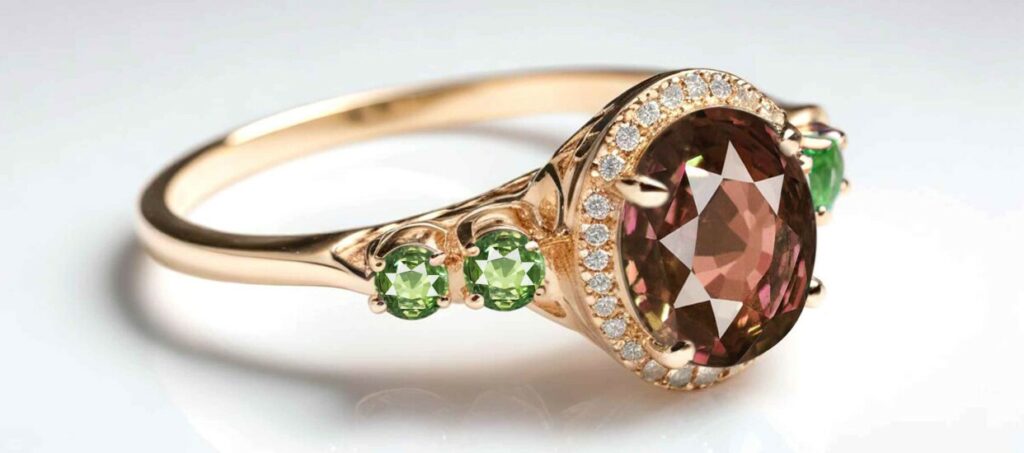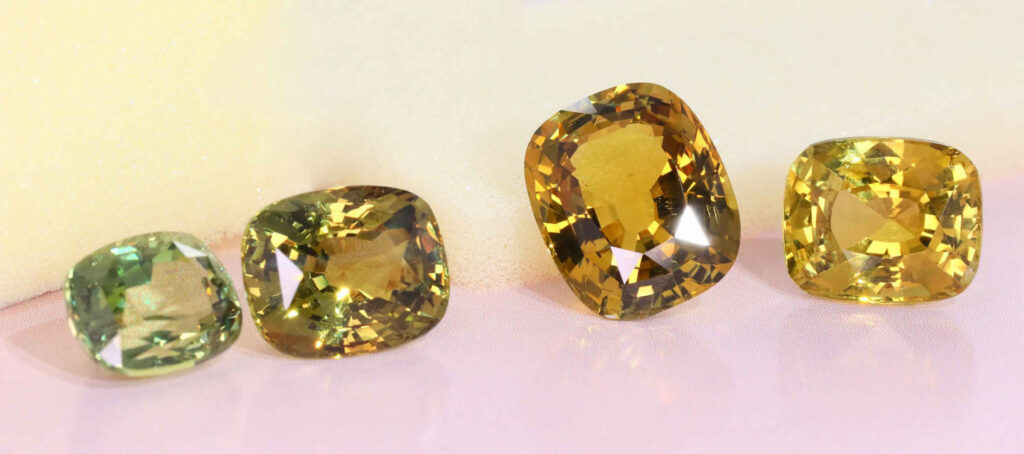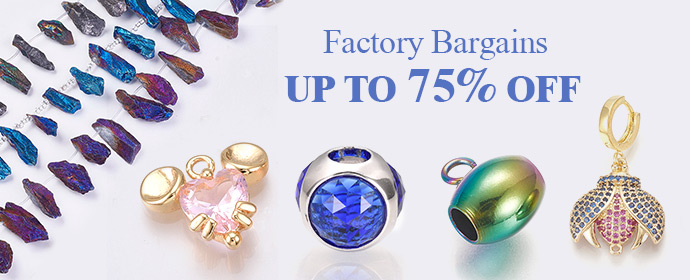One of the rarest and most captivating gemstones, which has the ability to change color with the light, is alexandrite. The “alexandrite effect,” as it is called, refers to the change of color of the gem that looks green under natural light and red or purplish under incandescent light, and is what most attracts collectors and lovers of jewelry. The question, however, is what determines the alexandrite stone cost? Let us discover the factors that govern its price in the market of today.
1. Quality of Color Change
By far the most significant factor to influence alexandrite value is the degree of the color change.
Extreme color change (100%) – from bright green to vivid red – is the reason for the highest prices.
Moderate color change (60–80%) – is usually associated with a price of $5,000 to $15,000 per carat.
Weak or partial color change – could go as low as $500–$2,000 per carat.
In other words, the more powerful and spectacular the change, the more precious the stone becomes.
2. Origin of the Stone
Where alexandrite came from is a big factor in deciding its price.
Russian Alexandrite (Ural Mountains): Considered the best and the most limited, it is almost always sold at a price of $30,000–$50,000+ per carat.
Brazilian Alexandrite: The bright color and high clarity are its distinguishing features, and thus, the price is set between $10,000–$25,000 per carat.
Sri Lankan & Tanzanian Alexandrite: Cheaper but still good quality gems, these stones are mostly sold at $1,000–$8,000 per carat, the determining factor being the color change.
In fact, the stones from Russia are still the reference point for luxury alexandrite, and the ones that are made in the Ural Mountains and are over 1 carat are the most expensive and collectible of all.
3. Clarity and Transparency
Like most jewelry, clarity plays a major part in the pricing. Alexandrite stone that are filled with inclusions or that are milky in appearance are not as attractive as those that are free of these defects.
If the stone is eye-clean (no visible flaws), then it can be sold at a very high price.
However, if the inclusions are there but the color change is excellent, then the value of the stone may still be high.
Flawless stones of over 1 carat are almost non-existent and therefore, they are highly desirable among collectors.

4. Carat Weight
Where alexandrite is concerned, the size dictates the price.
Pieces with a weight of less than 1 carat are more readily available and cheaper.
Once you exceed 2 carats, gemstones become very scarce and the price per carat is greatly increased.
For example, 1 carat of fine quality alexandrite may fetch $10,000, but a similar quality of 3 carats may command a price of more than $50,000.
5. Cut and Craftsmanship
With a good cut, alexandrite will be brilliant and the color change will be highly visible. Stones that are well-cut, symmetrical, and have maximum light return will be more expensive. A poorly cut stone, even if the color is good, will not reflect the light and will therefore be sold at a lower price.
Final Thoughts
The alexandrite stone cost per carat is determined by a fine balance of several factors – color change, origin, clarity, size, and craftsmanship. Since real alexandrites are extremely rare, the prices have gone up gradually over the years and this applies particularly to the Russian and Brazilian ones. So, if you are buying an alexandrite as an investment, for astrological purposes, or simply because you like it, make sure that you buy from a reputable U.S. jeweler and that the stone is a certified natural alexandrite.
Recommend0 recommendationsPublished in Uncategorized





